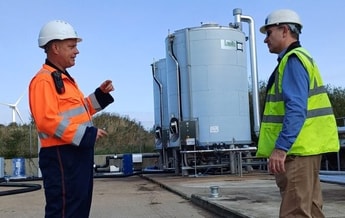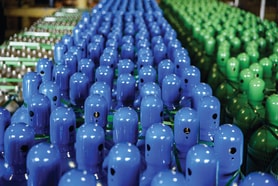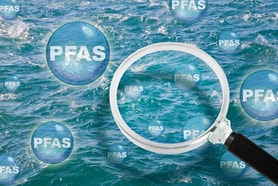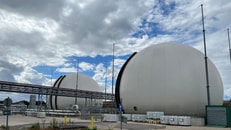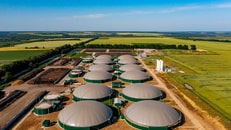Will the new UK government move biogas and AD up the agenda?
Paul Davies, Key Account Manager for Landia UK, considers the outlook for the biogas sector under a new Labour government – and explains where the industry needs to get its own house in order
Watch almost any news story about renewable energy, and it immediately zooms in on wind and solar power. Yes, very worthy, but on the extremely rare occasions that biogas is mentioned, it is presented in Junior Newsround fashion, as if we’re still learning to tie our shoelaces.
And worse still, if the ‘news’ is something to do with renewable energy at a sewage treatment plant, cue incredibly childish references to ‘Poo Power’. No wonder biogas isn’t taken anywhere near as seriously as it should be.
... to continue reading you must be subscribed


